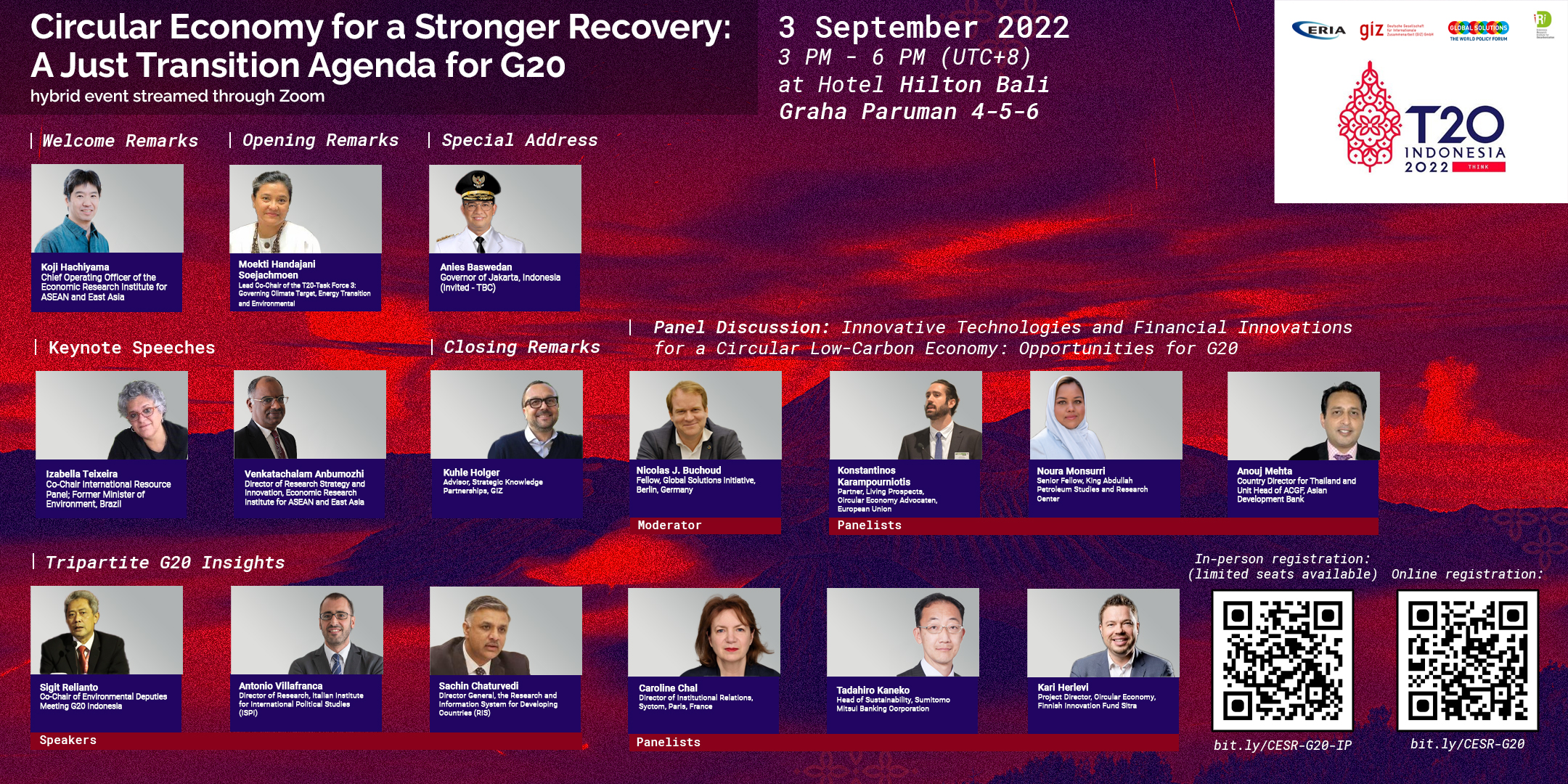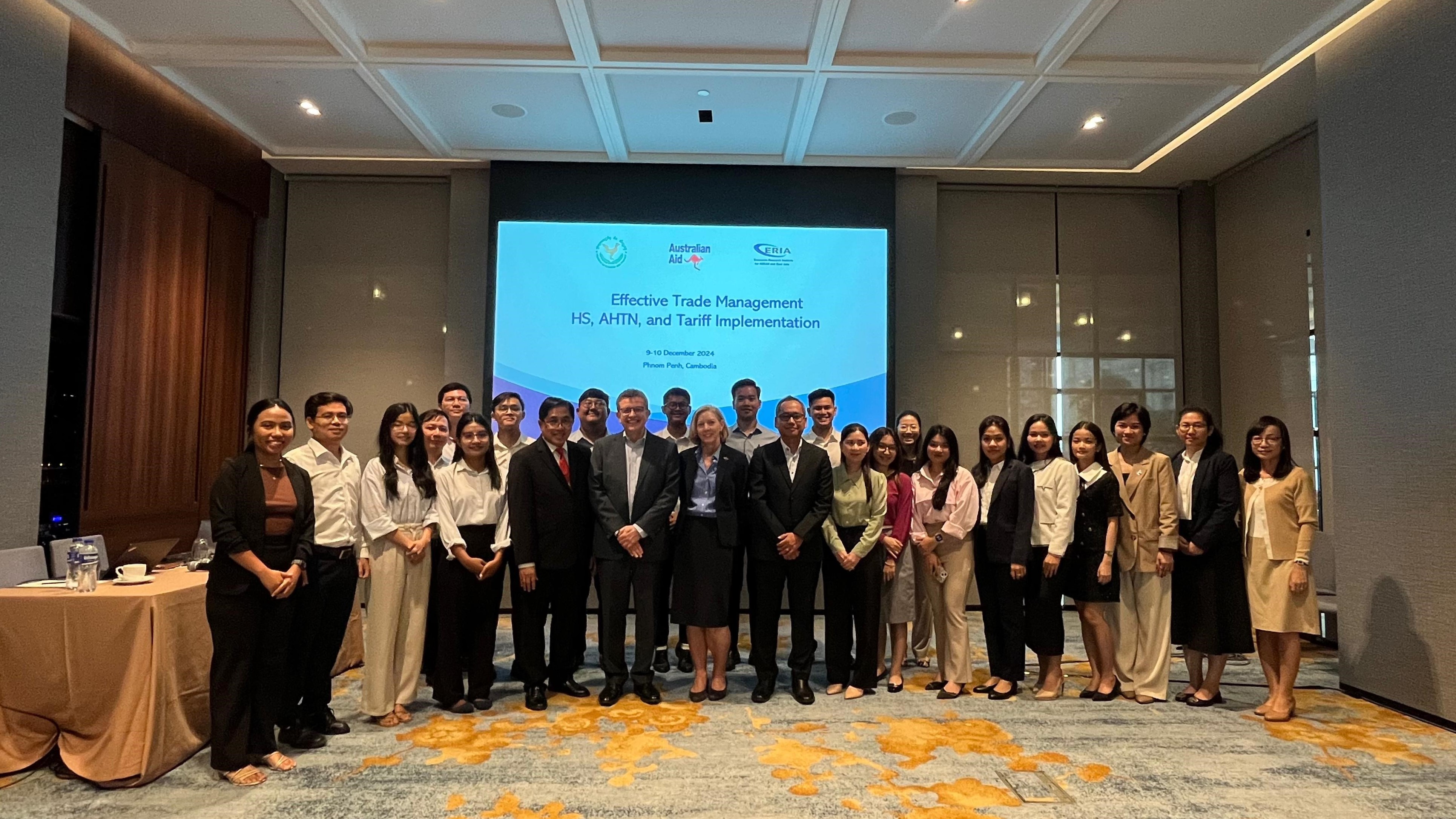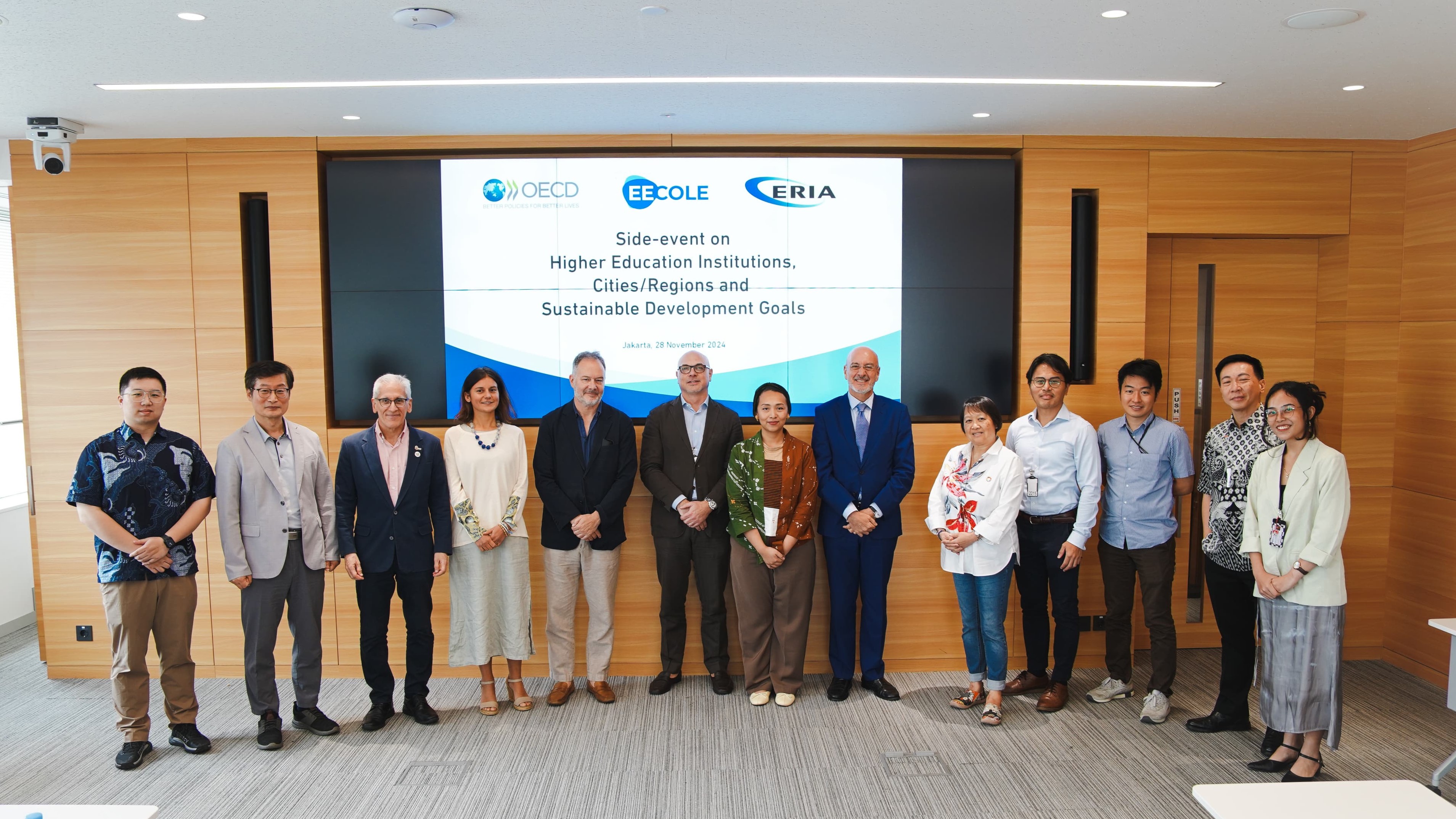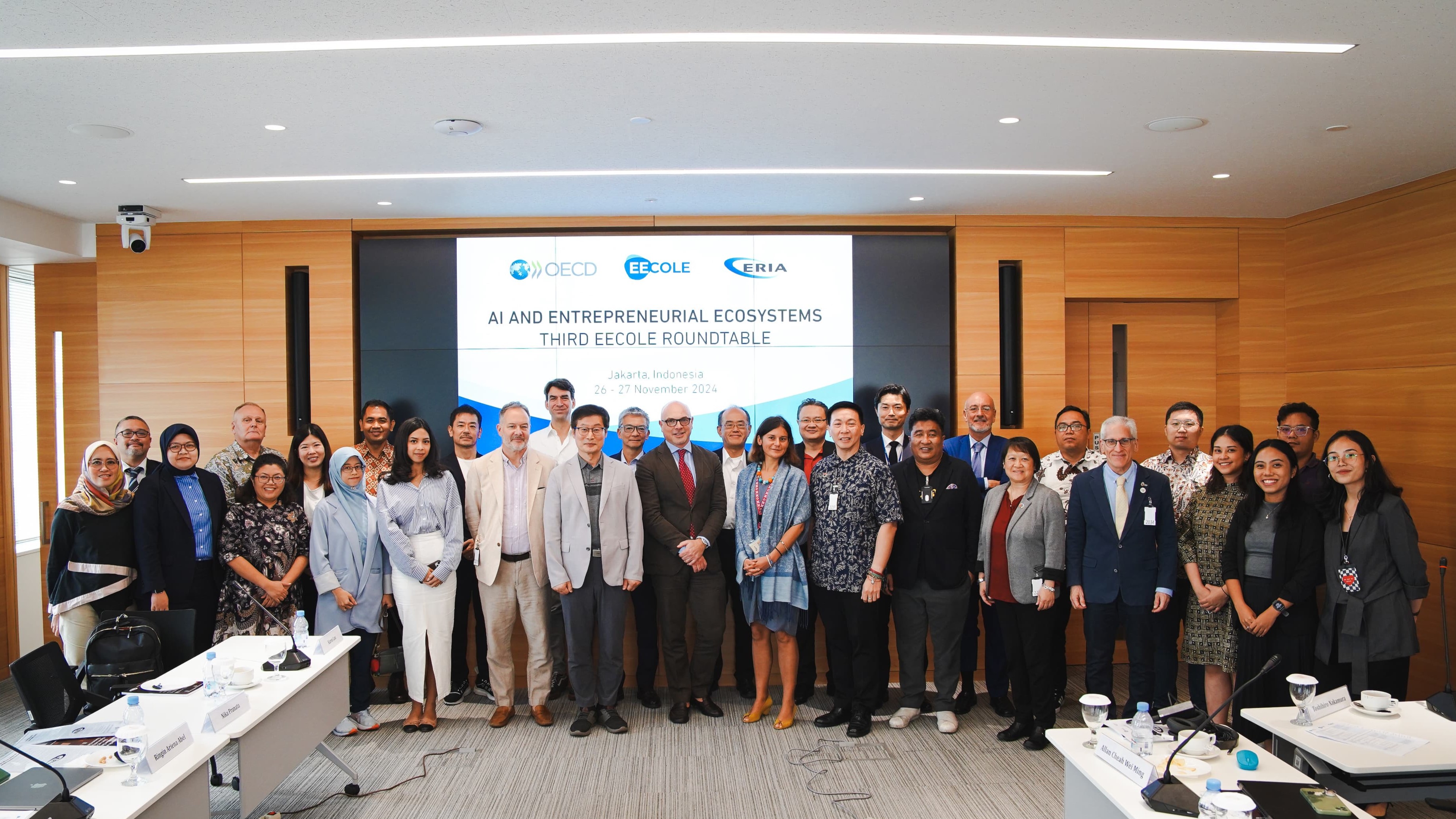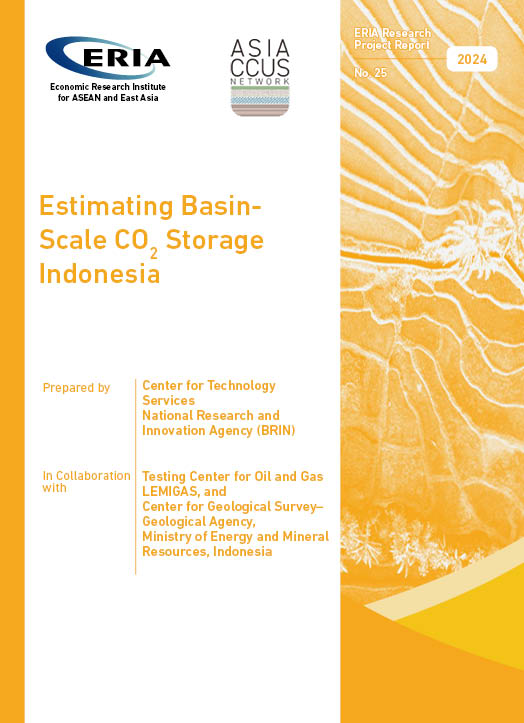[Event] Circular Economy for a Stronger Recovery: A Just Transition Agenda for G20
Date:
27 August 2022Category:
-Topics:
-Share Article:
Print Article:
Economic disruptions during the pandemic have brought to light the urgency of the transition to more sustainable consumption and production. The circular economy comes from the idea that resources, when adequately treated and regenerated, can become a source of sustainable economic growth, aided by eco-innovations while preserving the natural capital. Compared to a linear economy, a circular economy encourages greater collaboration between economic actors and can become a powerful force for climate change mitigation, biodiversity conservation, and reducing local pollution impacts. This is critical to identify opportunities to shift swiftly toward a more just, equal, and circular society, instead of going back to linear, wasteful, and inherently fragile supply chains.
Innovative and context-sensitive technology, the transfer, uptake, and scaling of the use of technology together with adequate public financial mechanisms and mobilizing private capital are fundamental to ensuring a transformative, inclusive, and sustainable recovery that unleashes the transition to circular economies. The technological solutions for and reorienting financial institutions to embed circularity can change the way we produce, consume, and address the issues ranging from carbon emissions, resource scarcity, and the use of hazardous chemicals and fossil fuels, while increasing resilience. Also, international cooperation can facilitate the successful transfer and implementation of established technology keeping materials in the loop.
This high-level event brings together emerging ideas, practices, and policy pathways to accelerate the shift away from a take-make-waste model of resource use and pollution to a circular green recovery, and the practical steps G20 economies could consider embedding circularity into their economies. The insights from the keynotes and panel discussion can guide policymakers to address the opportunities and barriers, providing recommendations for a common framework to accelerate just transition, with examples of measures that have proven effective around the world.
Economic disruptions during the pandemic have brought to light the urgency of the transition to more sustainable consumption and production. The circular economy comes from the idea that resources, when adequately treated and regenerated, can become a source of sustainable economic growth, aided by eco-innovations while preserving the natural capital. Compared to a linear economy, a circular economy encourages greater collaboration between economic actors and can become a powerful force for climate change mitigation, biodiversity conservation, and reducing local pollution impacts. This is critical to identify opportunities to shift swiftly toward a more just, equal, and circular society, instead of going back to linear, wasteful, and inherently fragile supply chains.
Innovative and context-sensitive technology, the transfer, uptake, and scaling of the use of technology together with adequate public financial mechanisms and mobilizing private capital are fundamental to ensuring a transformative, inclusive, and sustainable recovery that unleashes the transition to circular economies. The technological solutions for and reorienting financial institutions to embed circularity can change the way we produce, consume, and address the issues ranging from carbon emissions, resource scarcity, and the use of hazardous chemicals and fossil fuels, while increasing resilience. Also, international cooperation can facilitate the successful transfer and implementation of established technology keeping materials in the loop.
This high-level event brings together emerging ideas, practices, and policy pathways to accelerate the shift away from a take-make-waste model of resource use and pollution to a circular green recovery, and the practical steps G20 economies could consider embedding circularity into their economies. The insights from the keynotes and panel discussion can guide policymakers to address the opportunities and barriers, providing recommendations for a common framework to accelerate just transition, with examples of measures that have proven effective around the world.
Organized by the Economic Research Institute for ASEAN and East Asia (ERIA) and in cooperation with Deutsche Gesellschaft für Internationale Zusammenarbeit (GIZ).
Event Details
- Date: Saturday, 3 September 2022
- Time: 3:00PM - 6:00PM (Bali Time/GMT+8)
- Venue: Hilton Hotel Bali, in Graha Paruman 4 5 room meeting
Agenda
| 2:30 PM - 3:00 PM | Registration |
| 3:00 PM - 3:05 PM | Welcoming Remarks
|
| 3:05 PM - 3:10 PM | Opening Remarks
|
| 3:10 PM - 3:15 PM | Special Address
|
| 3:15 PM - 3:45 PM | Key Note Speeches Green and Circular Ideas for a Stronger Economic Recovery
Bending the Supply Chains towards Net Zero Targets
|
| 3:45 PM - 5:30 PM | Panel Session: Innovative Technologies and Financial Innovations or a Circular Low-Carbon Economy: Opportunities for G20 Moderator: Nicholas Buchoud, Fellow, Global Solutions Initiative, Berlin, Germany Panelists:
Followed by Q & A session |
| 5:30 PM - 5:50 PM | Tripartite G20 Insights:
|
| 5:50 PM - 6:00 PM | Closing Remarks: Khule Holger, Advisor. Strategic Knowledge Partnerships, GIZ |
